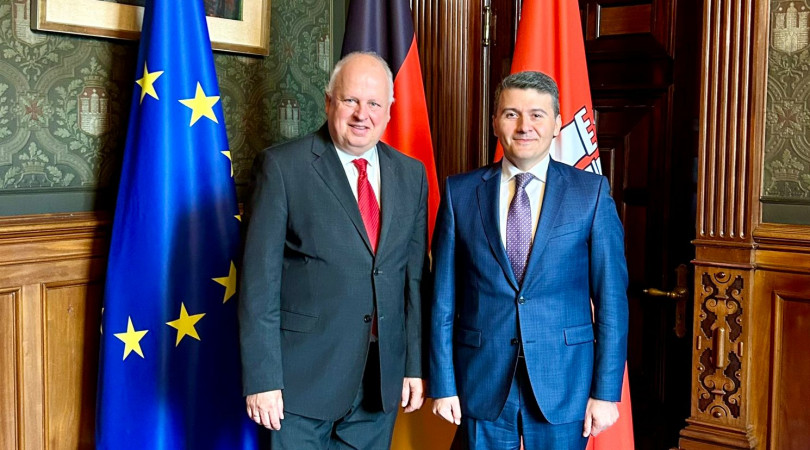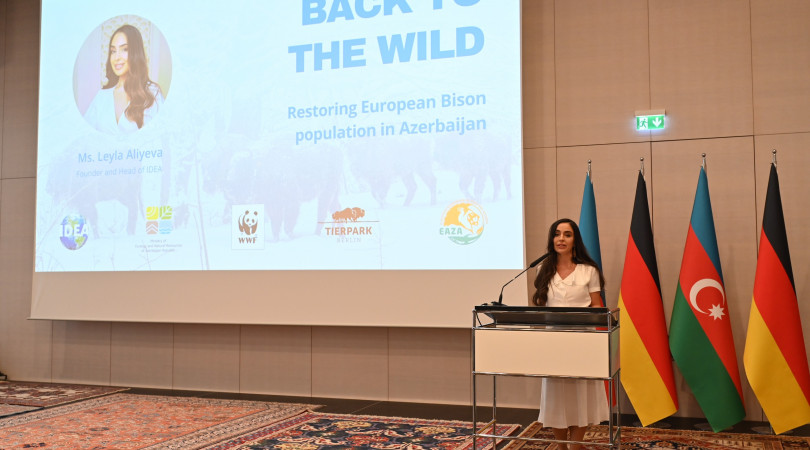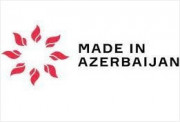Xarici işlər naziri Elmar Məmmədyarovun "The Business Year" jurnalına müsahibəsi
Strengths & Advantages
TBY talks to Elmar Mammadyarov, Minister of Foreign Affairs, on the pillars of its foreign policy and ties with Latin America.
As Azerbaijan experiences some domestic economic difficulties, what are the pillars of Azerbaijan's foreign policy that support the country on an international level?
Over the years, the foreign economic policy of the Republic of Azerbaijan has been guided by five pillars, namely strengthening trans-regional energy, ICT, and transport connectivity, attracting FDI, and the preservation of economic security, effectively integrating local SMEs into global value chains and increasing the exports of national competitive products to foreign strategic markets. By acknowledging the role of international trade in achieving sustainable, balanced, and robust growth, our national development strategy is based on the improvement of trade legislation, trade facilitation, simplification of customs procedures, expansion of bilateral, regional, and multilateral cooperation, the diversification of our export structure, and the promotion of non-oil exports. We are working on developing a policy that facilitates trade, simplifies non-tariff barriers, and increases the competitiveness of local SMEs. Recognizing the importance of trade facilitation, we have recently established the Transit Cargo Coordination Council to elaborate a uniform, efficient, and transparent tariff policy in rail and maritime cargo transportation and to facilitate the process of cargo shipping. We believe that these measures will significantly contribute to boosting trans-regional trade. During the past 10 years, the number of our trading partners reached 150, we signed more than 60 bilateral trade and economic partnership agreements, the country's external trade increased by 4.3 times, including six fold in exports, and by 2.6 times in imports. Over the past decade, the poverty rate has declined in Azerbaijan from 50% in 2001 to 5% in 2015. Our unemployment rate today stands at 4.9%. Azerbaijan is implementing a number of industry and trade-related measures aimed at promoting a more favorable environment for local and foreign businessmen. In 2015, we registered a positive economic performance and economic growth in the non-oil sector stood at 8.4%.
In your address to the UN General Assembly in September 2015, you spoke about Azerbaijan in the context of the global economy. How has Azerbaijan's role in the international arena expanded as a result of transnational pipelines and other infrastructure projects like TASIM and the BTK railway?
Integration in the global economy has been at the core of Azerbaijan's foreign economic policy. Azerbaijan is committed and is currently the only country producing for the establishment of the Southern Gas Corridor (SGC), which will play substantial role in the diversification of natural gas suppliers to Europe. Two important projects, the Trans-Anatolian Natural Gas Pipeline (TANAP) and the Trans-Adriatic Pipeline (TAP), are now being implemented within the framework of the SGC, which has the potential to meet up to 20% of Europe's gas needs in the future. Energy infrastructure projects have significantly strengthened Azerbaijan's relationship with our close partners and intensified the regional cooperation with Turkey and Georgia, which has yielded remarkable results in other fields as well. Azerbaijan also actively participates in the advancement of important transcontinental transport corridors by investing in the transport infrastructure projects, such as the Baku-Tbilisi-Kars (BTK) railway and the New Baku International Sea Port. The BTK railroad, which is expected to be commissioned by the end of 2016 or early 2017, is designed to enhance the transit capacity of Azerbaijan and increase trade flows across the region. The BTK railway will be another step in positioning the South Caucasus as a major transit route between Europe and Asia. In addition, Azerbaijan has initiated the Trans-Eurasian Information Super Highway (TASIM) as a major regional initiative aimed at the creation of a transnational fiber-optic backbone, targeting primarily the countries of Eurasia from Western Europe to Eastern Asia. This project envisages building a major new transit route from Frankfurt to Hong Kong, contributing to the creation of an open information society, increasing internet speed, and developing new internet services. Azerbaijan has been continuously proactive in its promotion of equal and mutually beneficial cooperation among partner countries by initiating and supporting all potential projects aimed at the development of not only Azerbaijan, but the wider region as well.
With the current tension between Russia and Turkey, how important is it to Azerbaijan to maintain strong relations with both countries?
Relations are being dynamically developed in almost all fields of cooperation with both Turkey and Russia, and Azerbaijan places a particular emphasis on deepening its ties with both countries. Azerbaijan's relationship with Turkey, as a strategic ally, and with Russia, as a strategic partner, has historic roots and the volume of signed documents, as well as regular mutual visits, is further proof of strong relations. Regrettably, the fighter jet incident has negatively affected the relations between the two countries. The current state of the relationship between Russia and Turkey is in no way desirable for Azerbaijan. Needless to say, both Turkey and Russia play an important role in maintaining the security and stability in the South Caucasus region and beyond. Azerbaijan remains interested in enhancing its relationship with both countries by all possible means. We hope that, as a result of joint efforts, the relations between Turkey and Russia will be normalized through dialogue and mutual understanding.
Following your visit to Panama and Costa Rica's announcement to open an embassy in Azerbaijan, how would you characterize Azerbaijan's relations with Central America?
The development of relations with Central America, and in a broader context Latin America, is of significant importance to Azerbaijan's foreign policy. The political relations with Central and Latin American countries have been rapidly developing over the last few years. Cuba, Brazil, Argentina, Columbia, and Mexico have recently opened their embassies in Azerbaijan. Along with our embassies in Brazil, Argentina, Mexico, and Cuba, we have recently established diplomatic missions in Columbia, Peru, Uruguay, and Chile. Further proof of good political relations, Azerbaijan obtained large support from Latin American countries when it became a non-permanent member of the UN Security Council. My visit to Panama, the visit of Costa Rica's Foreign Minister, the visits from Deputy Foreign Ministers of Argentina and Uruguay last year, and the announcement of Costa Rica to establish an embassy in Azerbaijan are all vivid examples of the intensification of relations between Azerbaijan and the countries of the region. Trade and economic cooperation are paramount in our relations. The trade turnover between Azerbaijan and Latin American countries was approximately $300 million in 2014. Azerbaijan will continue to work closely with its Latin and Central American partners toward the further promotion of friendship and mutually beneficial cooperation.
How does hosting large-scale international events like the Formula One Grand Prix help advance Azerbaijan in the international arena?
We consider our country's cultural diversity as a strength and advantage, which gives us ample opportunity to contribute to the promotion of intercultural dialogue and understanding. Sport plays a vital role in this respect, uniting people and countries. More than 300 international sport events have been held in Azerbaijan in last 12 years. In 2015, Azerbaijan successfully hosted the First European Games and we earned 56 medals in total, finishing in second place after Russia. These games, as well as the IV Islamic Solidarity Games, which will be held in Baku in May 2017, demonstrate Azerbaijan's promotion of the ideas of cultural diversity, tolerance, and peace as the universal principles of sport. It is not a coincidence that our country was selected as a host for the next Formula One Grand Prix. We are proud of hosting such a prestigious tournament and will do our best to ensure it is organized and conducted at the highest level. We hope that the race participants, guests, and tourists will be able to familiarize themselves with our beautiful country, its ancient culture, history, and tradition, and enjoy our hospitality.

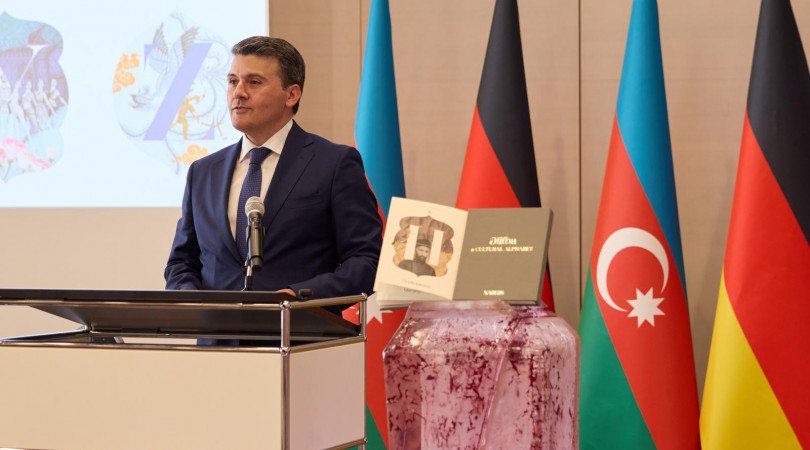
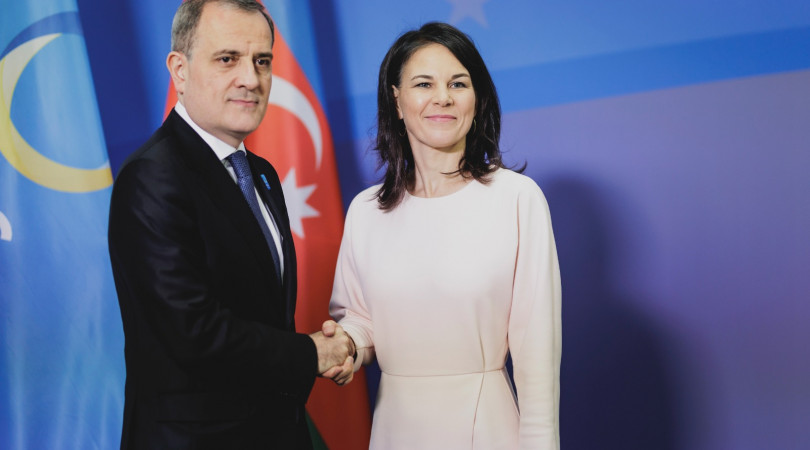
.jpeg)
